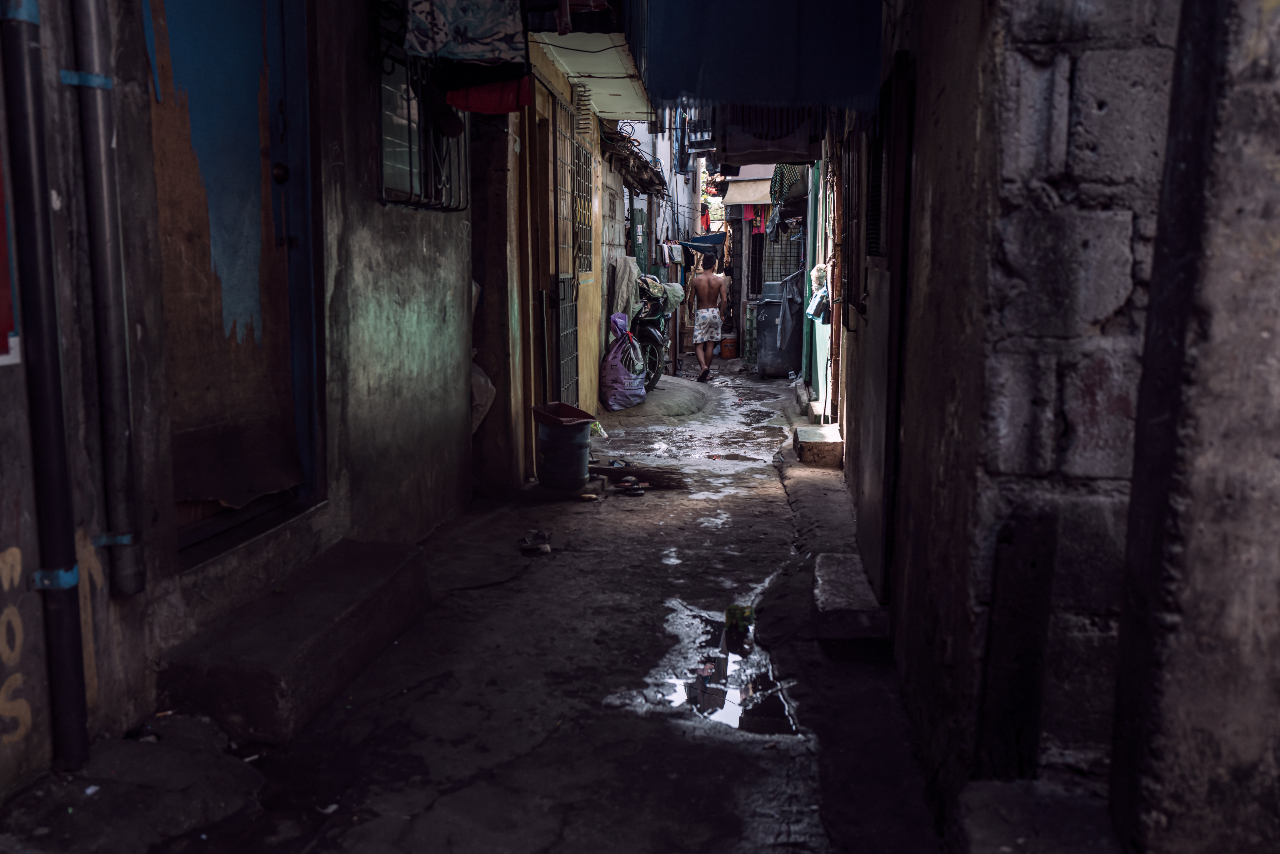Doing Theology From BelowНамуна


The Shadow Side of the Intelligence of the Victim
Yesterday we explored Jesus as the Forgiving Victim who, after being lynched and murdered, returns from the dead. Jesus returns to confirm what he said while being crucified. “Father forgive them for they know not what they do.” And then in the resurrection Jesus takes the next step. He breathes on us and gives us the authority to forgive.
It is the resurrected Christ who reveals to us that God is, and always has been, on the side of the victim. But here’s the really strange part: God is on the side of the victim without being over and against the victimizer, for that would just produce more victims. Jesus reveals that God exists over and against nothing. God is in rivalry with nothing, not even death.
But there is a shadow side to all of this. It’s not easy to talk about and even harder to see, especially when we are caught up in it.
We can see in modern culture how tempting it is to lay claim to victimhood as a way of wielding power. At times, it seems as if the new moral high ground is the low ground. There is a mad dash to occupy that space as if it were a land grab.
This phenomenon is seductive. Who among us hasn’t played the “woe is me card,” and used it to bolster our sense of innocence and deservedness? Or tried to align ourselves with the victim and used it to pump up our sense of righteous indignation over and against our rival?
Even the most powerful among us rushes to play the victim. We think we are under attack – that our upstanding lives and hard work are being undermined by those who want all of the same privileges without playing by the rules. Of course, this is absurd, but we need to see why it’s happening. There is great power in claiming victimhood.
Sadly, the truly oppressed are not immune from this, either. We see the same rush to victimhood, each of us vying for a larger share of the victim pie. We think that if we claim victimhood, we can claim a kind of divine blessing and immunity from having to face our complicity in the cycle of violence that holds us hostage. As it turns out, we are all caught up in the cycle of violence – victims and victimizers alike. Someone has to free us - free both sides from the resentment that binds us together in a mutually destructive relationship.
Those of us who live in close proximity to pain can valorize our wounds and the wounds of those we serve. We become fused with our wounds and build our identities around them. Instead of healing our wounds, we nurse them...and this is dangerous stuff. This can take the form of intense rivalry over and against our oppressor. It looks like we are fighting for justice when in fact we are maintaining our precious wound. It’s as if it’s the only way we know how to forge our fragile identities. It can also take the form of intense rivalry with ourselves. It reveals itself as deep self-hatred and depression. We do self harm, even suicide.
It’s only when we discover ourselves forgiven, by the Forgiving Victim, that our eyes are opened to the ways we participate in victim playing. Only then do we find ourselves playing a new game – one in which there are no scapegoats. We call this the Kingdom of God.
Scripture
About this Plan

Hello and Welcome to a series of reflections called “Doing Theology from below.” These reflections are designed for those who want to explore a way of reading Scripture that is liberating, especially in vulnerable urban communities. Doing Theology from Below is learning how to read the text not “to” not “for” but “with” those we are called to love and serve and to do so with Jesus as our rabbi.
More









